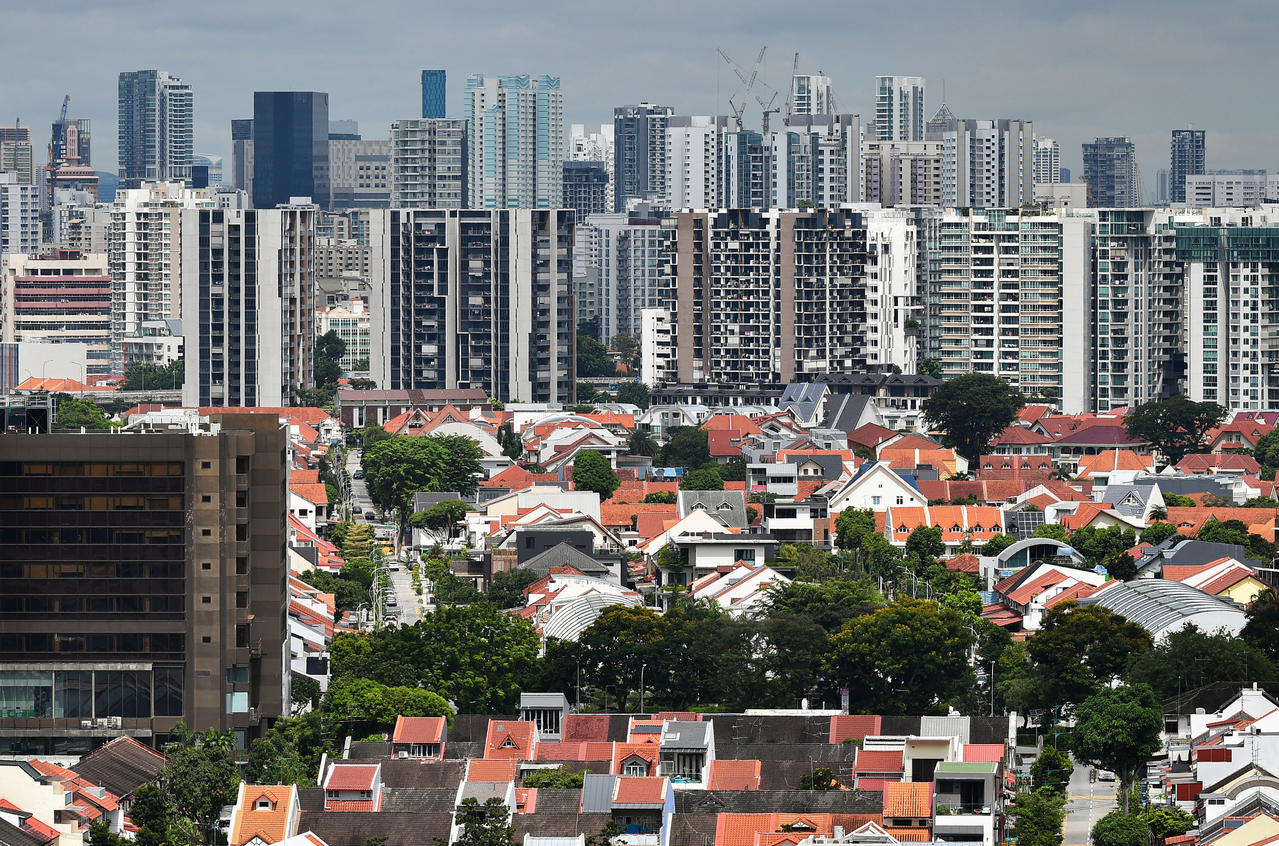MPs disagree over whether Singapore's new wealth taxes go far enough
Sign up now: Get ST's newsletters delivered to your inbox

Ms Foo Mee Har (West Coast GRC) said the Additional Buyer's Stamp Duty has effectively become a wealth tax on top of being a property cooling measure.
PHOTO: ST FILE
SINGAPORE - The additional residential property taxes and additional registration fees for cars are token measures rather than meaningful wealth taxes, said Workers' Party MP Louis Chua (Sengkang GRC) on Monday (Feb 28).
But Ms Foo Mee Har (West Coast GRC) said property-related taxes have contributed significantly to Singapore's revenue base over the years, adding that the Additional Buyer's Stamp Duty (ABSD) has effectively become a wealth tax on top of being a property cooling measure.
Mr Chua and Ms Foo were among MPs who discussed in Parliament the new wealth tax measures announced in this year's Budget, including raising the tax on properties, with the increase more significant for properties with a higher annual value.
Mr Chua said: "When viewed from a glass half-full perspective, it is a step in the right direction when it comes to tackling wealth inequality and strengthening our social fabric, albeit a small step.
"However, when viewed from a glass half-empty perspective, the measures are a token rather than a meaningful attempt at wealth taxes in Singapore."
These taxes are expected to raise $600 million of additional tax revenue per year when implemented, which is considerably lower than expert estimates, he said.
He added that while the increase in headline marginal property tax rates appears high, the actual impact on the households involved is unlikely to be material.
Mr Chua used the example of an owner-occupied condominium in a central location, which is expected to see a tax increase of only $200 a year, while a very large landed property is expected to see a $15,400 increase. The corresponding figures for non-owner-occupied properties are $1,400 and $19,200, respectively.
"Based on my analysis, a centrally located condo in Cairnhill that is being leased out as an investment property needs only to raise rents by 2 per cent to offset the higher property tax rates, while that of a luxury development located in Nassim Road, commanding monthly rentals of almost $20,000 a month, needs only to raise rents by 7 per cent to offset the higher property taxes," he said, adding that rents in 2021 for private residential properties are already up 10 per cent.
On the new additional registration fee tier for cars, he cited how this will add 6 per cent to 7 per cent to the cost of a Bentley Flying Spur, a luxury saloon, adding that this is not a meaningful wealth tax for buyers willing to fork out close to $1 million for a fast-depreciating asset.
Ms Foo said that while the amount raised by wealth taxes may not seem large, property-related taxes such as the ABSD have, in fact, contributed significantly to Singapore's revenue base over the years.
Last year, stamp duty collection increased to $6.45 billion, $2.55 billion more than the previous year, representing a 66 per cent rise.
ABSD was also further increased with significant hikes in December 2021 in all categories except for first-time local home buyers, Ms Foo noted. The ABSD rate for foreign buyers now sits at 30 per cent.
"As ABSD targets mainly property investors, this has effectively become a form of wealth tax, apart from acting as a policy measure to cool the property market," she said.
She added: "While the Government may not consider this a stable form of revenue base, I think investors should not hold out much hope for the ABSD to be lifted, as it is now a significant part of government revenue."
Meanwhile, Mr Chong Kee Hiong (Bishan-Toa Payoh GRC) said the property tax hike might affect older residents who do not draw an income but live in properties that will see higher taxes.
"These are properties that they may have bought long ago. Upon retirement, they have no income and are burdened with the ever-increasing cost of living and now have to pay higher property tax as well," he said, adding that these are residential homes and not investment properties with rental income that can offset the taxes.
He asked if the Government would consider assisting this group of residents.


